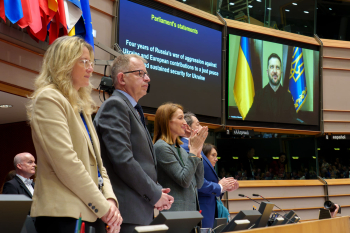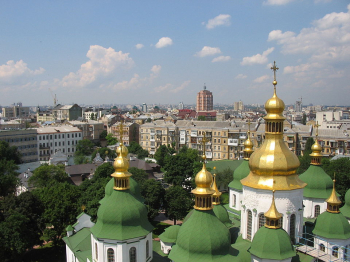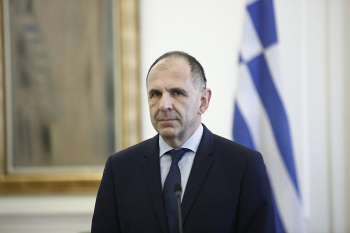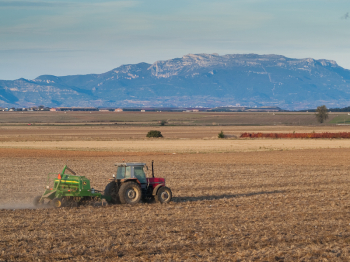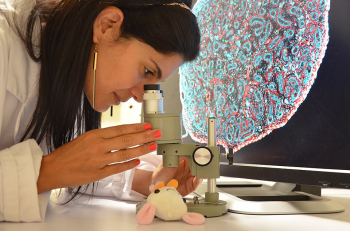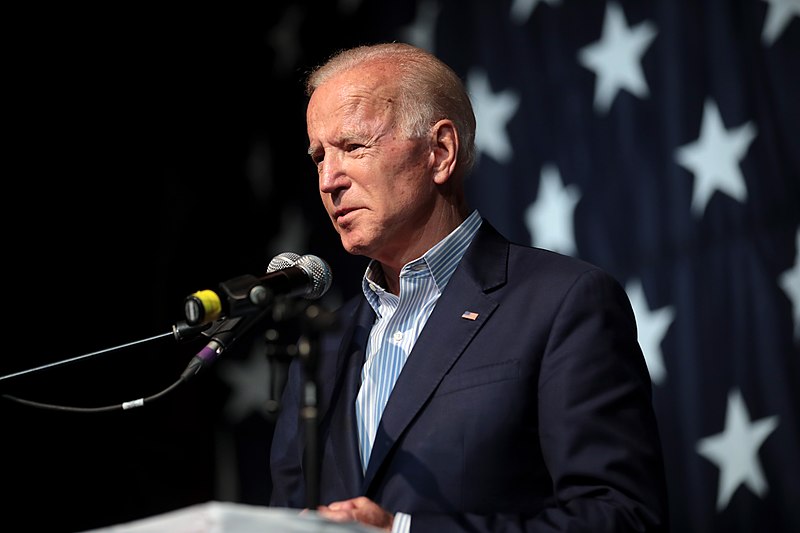
President Joe Biden has withdrawn from the 2024 presidential race, endorsing Vice President Kamala Harris to take his place, as announced in a post on
X this afternoon.
“I have decided not to accept the nomination and to focus all my energies on my duties as President for the remainder of my term,” Biden stated.
This decision places the country in an unprecedented situation. Here’s what happens next.
A new race to secure a majority of the 4,000-plus Democratic delegates will commence, according to Matt Dallek, a political historian and professor at George Washington University. He described it as a "mini-campaign" or "mini-primary."
“The primary would involve — in a very compressed period of time — raising money, generating social media buzz, [seeing] what poll numbers look like, and wooing delegates state by state,” Dallek explained.
Currently, most delegates are pledged to Biden because primary voters chose him as the nominee. The delegates are supposed to represent the voters' will, Dallek noted.
Biden’s withdrawal shifts the power to these delegates, often appointed rather than elected, similar to the pre-1972 nomination process where party elites held significant sway.
With Biden endorsing Harris, her path to the nomination appears solid. “It would be hard for delegates to abandon her,” Dallek said.
“My very first decision as the party nominee in 2020 was to pick Kamala Harris as my Vice President. And it’s been the best decision I’ve made,” Biden wrote. “Today I want to offer my full support and endorsement for Kamala to be the nominee of our party this year.”
Dallek noted that primary voters not only supported Biden but also Harris as his running mate. Therefore, delegates are theoretically obligated to support her. Additionally, Harris will have access to the funds and resources of the Biden-Harris campaign, providing her a significant advantage.
However, nothing is guaranteed.
“The vice president is not necessarily going to be the automatic nominee,” Dallek cautioned. “It’s not a slam dunk. There are other paths the party could take that would require Harris to compete for a majority of delegates over the next few weeks.”
Potential contenders for the Democratic nomination include California Gov. Gavin Newsom and Michigan Gov. Gretchen Whitmer.
The Democratic National Convention, scheduled for August 19-22, will serve as the formal selection of the nominee rather than a ceremonial event. An earlier virtual nomination will satisfy Ohio’s ballot deadline, Dallek noted.
A key issue will be selecting a vice-presidential nominee. If Harris secures majority delegate support, she could quickly choose a VP and enter the convention with her ticket decided. If not, candidates might pick a VP beforehand to gain delegate support or wait until they officially secure the nomination.
“That’s a totally open question. I think there are a lot of different ways it could shake out,” Dallek said.
In this historic moment, voters nationwide will await the convention to see who will face former President Donald Trump in November.
Biden said in a written statement that he will address the nation later this week to elaborate on his decision.
“It has been the greatest honor of my life to serve as your President,” Biden wrote. “And while it has been my intention to seek reelection, I believe it is in the best interest of my party and the country for me to stand down and to focus solely on fulfilling my duties as President for the remainder of my term.” Photo by Gage Skidmore from Peoria, AZ, United States of America, Wikimedia commons.


